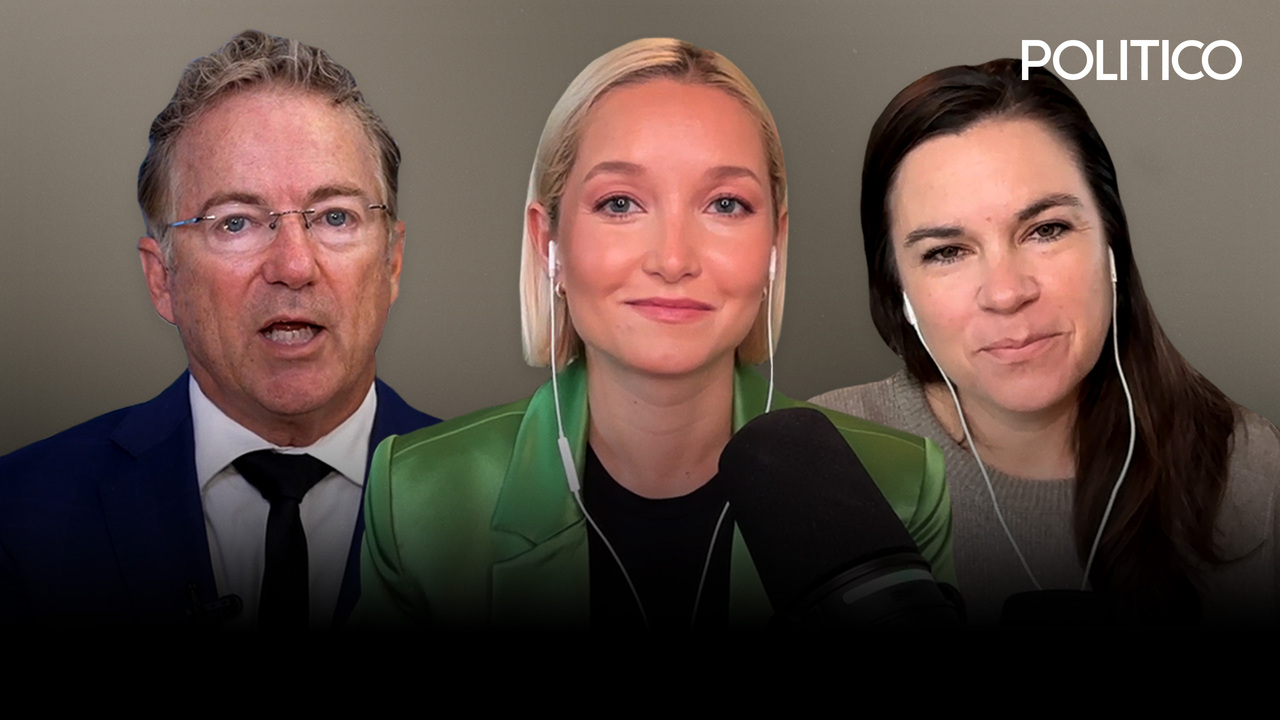Senator Rand Paul has introduced a series of reforms aimed at enhancing health freedom in the United States. This initiative comes in response to the public health measures implemented during the COVID-19 pandemic, which Paul argues compromised individual rights. Alongside public health expert Katelyn Jetelina, Paul emphasizes the need for transparency and accountability in health policy decisions.
In a recent op-ed published in The Conversation, Paul and Jetelina detailed their vision for a new approach to health policy that prioritizes personal choice. They argue that the pandemic highlighted significant flaws in existing public health frameworks, which often prioritize broad mandates over individual liberties. Their proposals aim to ensure that citizens have greater control over their health decisions.
Proposed Reforms Addressing Health Transparency
The proposed reforms include measures that would increase transparency in the decision-making processes of health authorities. Paul and Jetelina stress that individuals should have access to complete information regarding public health recommendations. This includes the efficacy and potential risks of vaccines, treatments, and other medical interventions. They believe that informed consent is essential in fostering trust between the public and health officials.
The senators also advocate for a shift in focus from mandatory health interventions to education and voluntary participation. According to their proposals, public health campaigns should emphasize informed decision-making to empower citizens rather than enforce compliance through mandates. This approach aims to respect personal freedoms while still promoting health awareness.
Political and Public Response
The initiative has garnered mixed reactions across the political spectrum. Supporters of Paul’s reforms argue that they represent a necessary correction to what they perceive as overreach by health authorities during the pandemic. Critics, however, warn that these changes could undermine public health efforts, particularly in times of crisis.
Public health experts have voiced concerns regarding the potential implications of these reforms. They argue that while individual choice is crucial, the collective responsibility of protecting public health must not be overlooked. The balance between personal liberties and community health remains a contentious debate in American society.
As the U.S. Senate prepares to discuss these proposals, the conversation surrounding health freedom continues to evolve. The outcome may set a significant precedent for how health policies are shaped in the future, especially in the wake of the global pandemic.
Paul and Jetelina’s initiative highlights a growing demand for reform in health policy, particularly regarding the balance between individual rights and public health measures. As discussions progress, the implications of these proposals will likely resonate beyond the U.S., influencing health policy debates in other countries as well.
